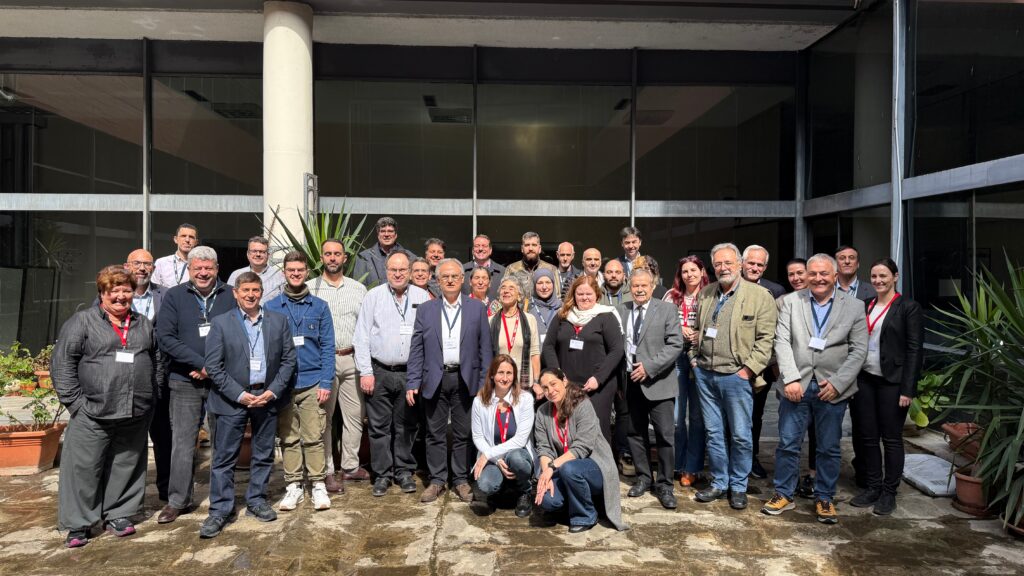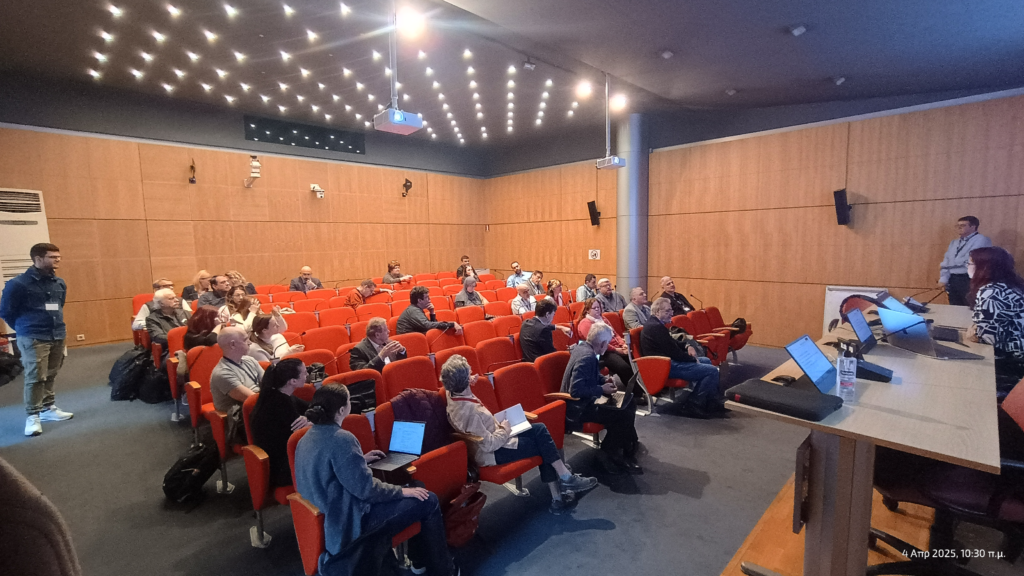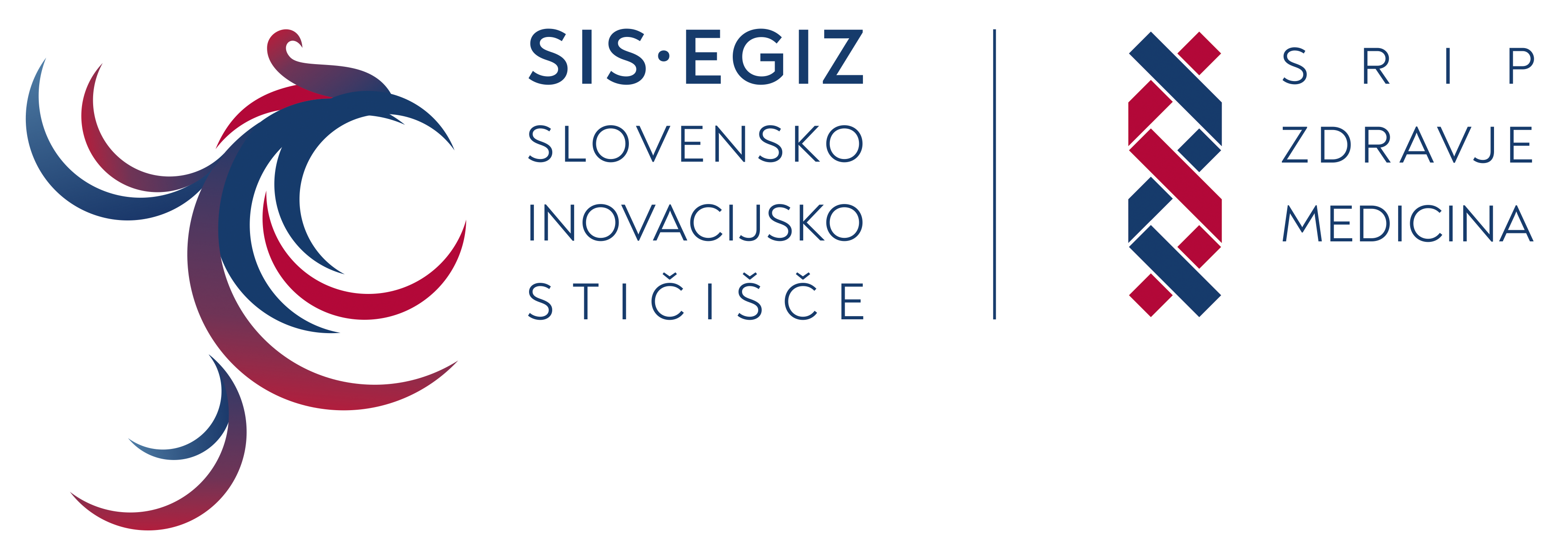Press Release
April 2025
IFIGENEIA: Knowledge and science for the health of tomorrow
Thessaloniki, Greece – The international project IFIGENEIA (Innovative Facility for Isotope GENeration with Efficient Ion Accelerator) has officially launched with a kick-off meeting in Thessaloniki, Greece, in early April 2025. Funded under the European Union’s Horizon Europe WIDERA programme, the four-year initiative brings together 22 partners from Greece, Slovenia, Cyprus, Germany, Switzerland, and Bosnia and Herzegovina, with a total funding of 6 million EUR.
Coordinated by the Aristotle University of Thessaloniki, the IFIGENEIA project aims to address the critical shortage of locally produced radioisotopes—vital components for the diagnosis and treatment of cancer, cardiovascular conditions, and neurodegenerative diseases like Alzheimer’s and Parkinson’s disease.


IFIGENEIA Kick-off meeting, Thessaloniki, Greece, 3 and 4 April 2025
LINAC Technology for a Healthier, More Resilient Europe
While over 20 million nuclear medicine procedures are performed in the United States annually, Europe continues to lag due to a lack of dedicated infrastructure, critical to producing the radioisotopes, particularly in the Balkan region, where cost and technology barriers persist. IFIGENEIA seeks to bridge this gap by establishing Excellence Hubs in Greece, Slovenia, and Cyprus, based on linear accelerator (LINAC) technology. These hubs will serve as sustainable innovation ecosystems, uniting research institutions, industry, policymakers, and civil society in a quadruple helix model. The project will also facilitate the transfer of expertise to Bosnia and Herzegovina, supporting capacity building across the region.
A Multifunctional Infrastructure with Long-Term Impact
IFIGENEIA will support the phased development of LINAC technology through a comprehensive feasibility study. Initially, the infrastructure will serve multiple purposes, ranging from industrial applications and cultural heritage studies to clinical research and academic training. In later phases, the system will be upgraded to enable cancer therapy, strengthening both the healthcare system and the national research and innovation landscape.
Boosting Scientific Excellence and Regional Innovation
Beyond its technological aims, IFIGENEIA will reinforce international collaboration, accelerate knowledge transfer, and stimulate the development of new solutions in nuclear medicine. By aligning with national and regional smart specialisation strategies, the project will contribute to the long-term competitiveness of Europe in the field of nuclear medicine and strengthen the European Research Area (ERA).
Media Contact:
• Jožef Stefan Institute, Slovenia,
Ms Urska Mrgole, urska.mrgole(at)ijs.si, IFIGENEIA Communication and Dissemination Manager
• Aristotle University of Thessaloniki, Greece,
Prof Dimitrios Sampsonidis, IFIGENEIA Project Coordinator
Participating organisations:
• ARISTOTELIO PANEPISTIMIO THESSALONIKIS (AUTH), EL
• REGION OF CENTRAL MACEDONIA (RCM), EL
• VIOKOSMOS IATRIKOS EPISTIMONIKOS EXOPLISMOS ANONYMI EMPORIKI
• VIOMICHANIKI ETAIREIA (BIOKOSMOS), EL
• ARCHAIOLOGIKO MOUSEIO THESSALONIKIS (AMTH), EL
• ETHNIKO KENTRO EREVNAS KAI TECHNOLOGIKIS ANAPTYXIS (CERTH), EL
• GENIKO NOSOKOMEIO PAPAGEORGIOU (GNP), EL
• FOREAS DIAHEIRISIS KAI DIOIKISIS TEHNOPOLIS THESSALONIKIS ANONIMI
• ETAIRIA (TPOLIS), EL
• NATIONAL CENTER FOR SCIENTIFIC RESEARCH “DEMOKRITOS” (NCSRD), EL
• ANGELOS LAMPOUDIS KAI SIA OE (YFOS), EL
• UNIVERZA V LJUBLJANI (UL), SI
• INSTITUT JOZEF STEFAN (IJS), SI
• COSYLAB LABORATORIJ ZA KONTROLNE SISTEME DD (COSYLAB), SI
• SLOVENSKO INOVACIJSKO STICISCE EVROPSKO GOSPODARSKO INTERESNO ZDRUZENJE (SIH), SI
• INZENIRSKA AKADEMIJA SLOVENIJE (IAS), SI
• RTD TALOS LIMITED (TALOS), CY
• UNIVERSITY OF CYPRUS (UCY), CY
• PAGKYPRIOS SYNDESMOS KARKINOPATHON KAI FILON 1986 (PASYKAF), CY
• ORGANISMOS KRATIKON YPIRESION YGEIAS (SHSO), CY
• UNIVERZITET U SARAJEVU (UNSA), BA
• GSI HELMHOLTZZENTRUM FUR SCHWERIONENFORSCHUNG GMBH (GSI), DE
• DEUTSCHES KREBSFORSCHUNGSZENTRUM HEIDELBERG (DKFZ), DE
• ORGANISATION EUROPEENNE POUR LA RECHERCHE NUCLEAIRE (CERN), CH
“Funded by the European Union. Views and opinions expressed are, however, those of the author(s) only and do not necessarily reflect those of the European Union or European Research Executive Agency (REA). Neither the European Union nor REA can be held responsible for them.”
